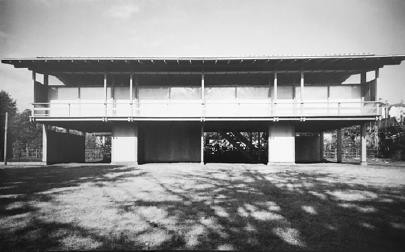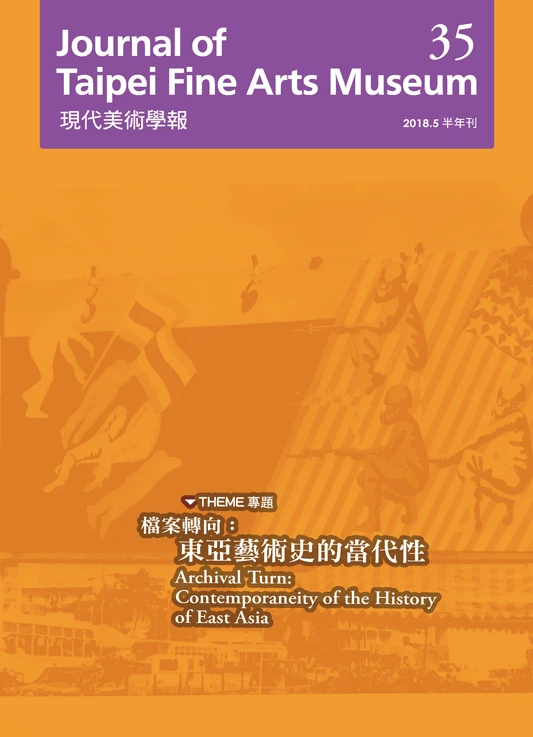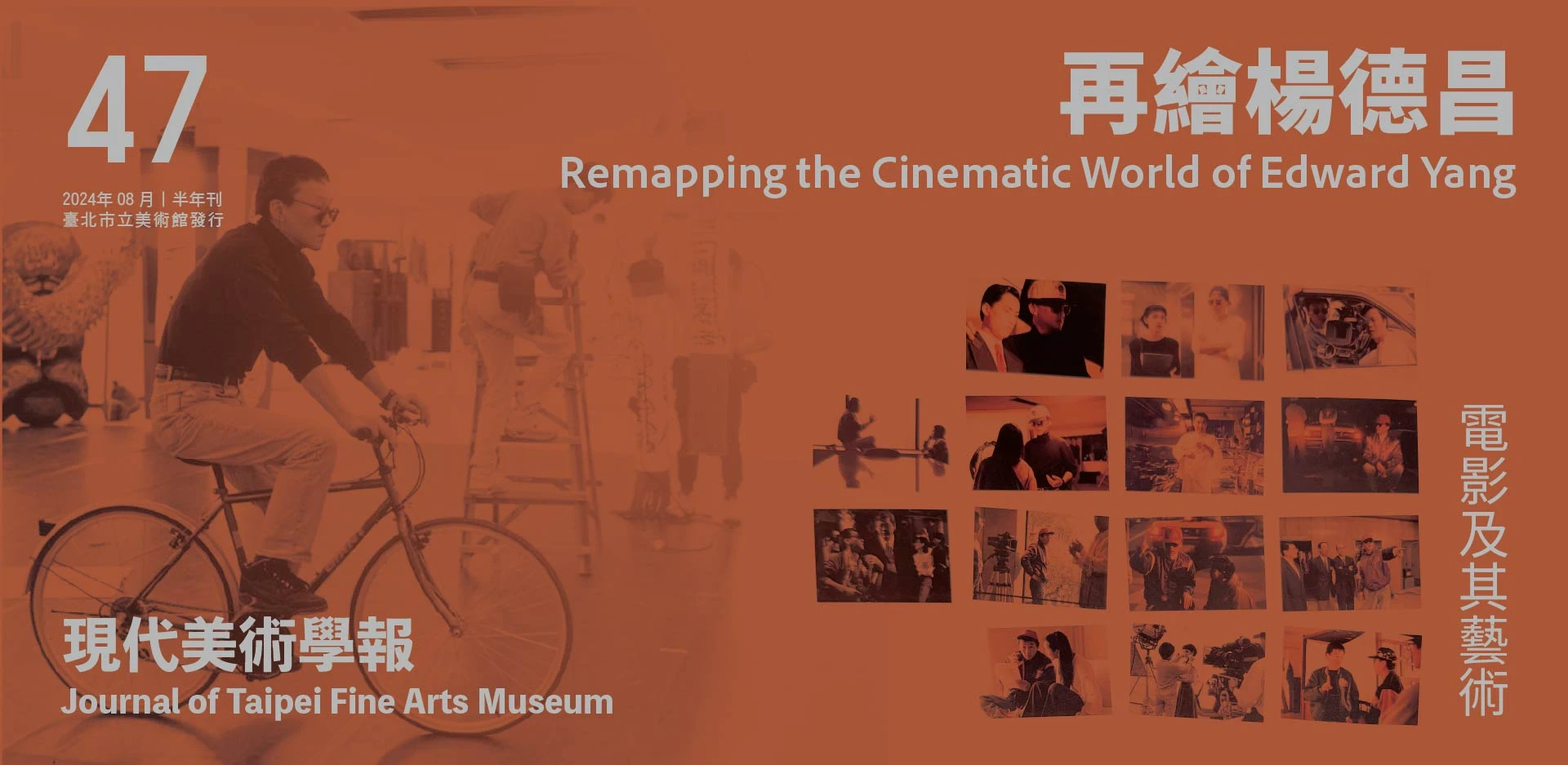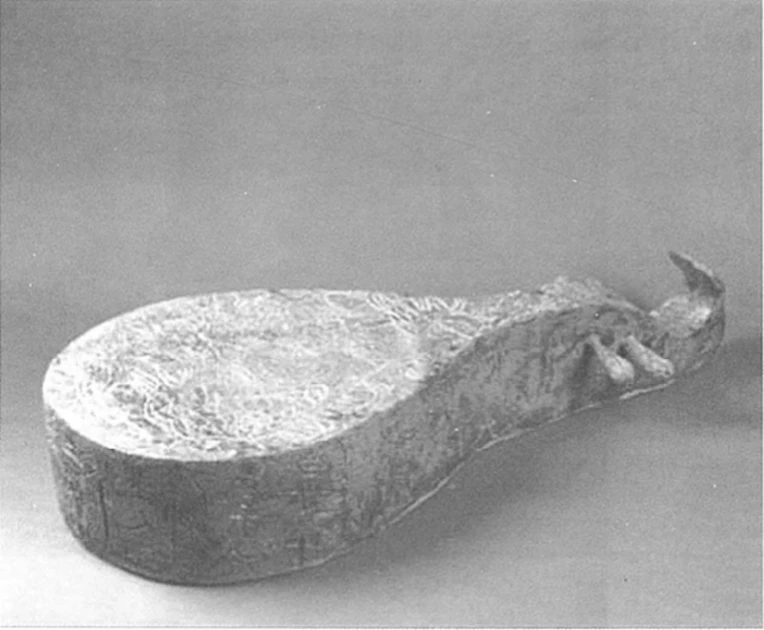摘要
在抽象表現主義當道的戰後紐約,羅森柏格宣稱把藝術家自我的表現性有意地自作品的表面泯除,這種策略矛盾地將他與抽象表現主義畫家區分開來,同時也建立起關聯。本文將羅森柏格作者意識放在美國 1950 年代,以及抽象表現主義作為主流的紐約藝壇的特殊的歷史環境中,觀察羅森柏格與抽象表現主義藝術家在氣質與作者意識上的差異、說明羅森柏格同性戀者的處境與其特殊作者意識之間的關聯,藉此呈現羅森柏格的作者意識所隱含的身分政治,及其背反的作者意識所反映的溫和而隱密之對立。
關鍵詞
恐同症、作者意識、黑山學院、自我匿名、酷兒研究
Abstract
In post-war New York when Abstract Expressionism dominated, Rauschenberg declared that as an artist he would eliminate self-expression from art works. This strategy facilitates differentiation between Abstract Expressionism and Rauschenberg, but paradoxically relates the both as well. This essay surveys Rauschenberg's authorship in the context of 1950s New York art world, and explain how the position of the gays of 1950s is related to Rauschenberg's authorship in his works. Through this study, this essay will present Rauschenberg's authorship as Moderate and Closeted Opposition.
Keywords
Homophobia, authorship, Blake Mountain College, self-effacing, Queer Study




.jpg)

